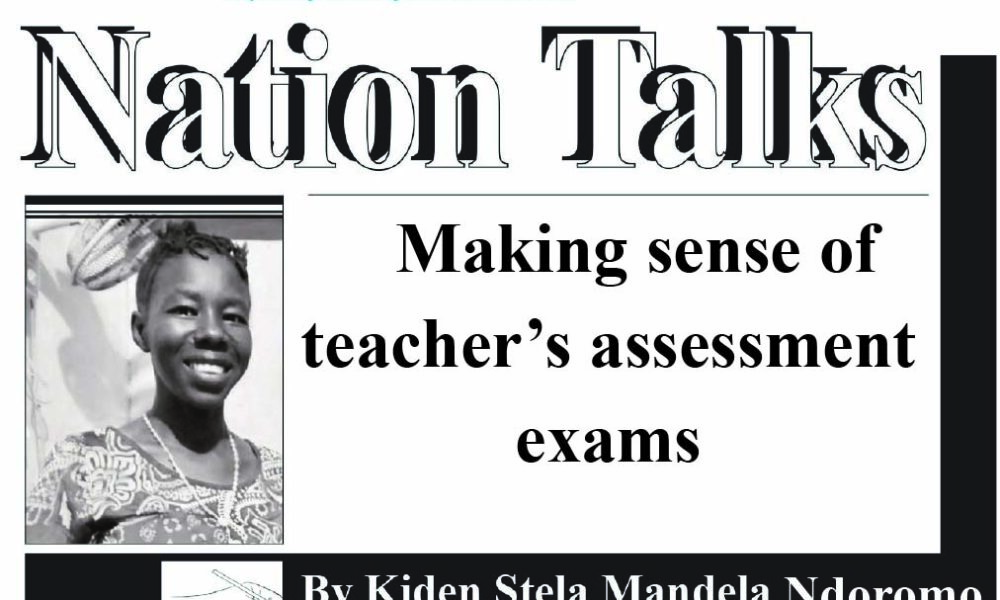The Ministry of General Education and Instruction has initiated an assessment of teachers nationwide to enhance their performance.
However, maintaining a well-qualified teaching workforce remains challenging due to the government’s inconsistent payment of civil servants over the years.
Since gaining independence in 2011, South Sudan’s education system has undergone various developments, establishing different educational tracks: three years of pre-primary schooling, eight years of primary education, and four years of secondary schooling. Higher education institutions offer diverse programs, including three-year diplomas, four-year degrees, and even longer programs for certain disciplines.
To promote free education in South Sudan, the Ministry of General Education must collaborate with the Ministry of Finance and development partners to ensure adequate teacher compensation and provide essential teaching resources. Without these measures, the education system risks deteriorating further, potentially forcing public school teachers to charge fees from parents—a situation that only complicates classroom dynamics and creates confusion.
The government has begun to recognize the significance of education, especially as many citizens struggle to afford school fees, a point emphasized by the head of state last year. Unfortunately, in various states and counties, schools are often held under trees, exposing students to the elements, while primary six graduates are left to manage as head teachers. This is particularly common in war-affected areas, where transforming the education landscape requires serious governmental commitment.
Currently, the education system in South Sudan ranks among the poorest globally, with even senior students struggling to construct proper sentences. If leaders were to prioritize education and ensure their children studied within the country, it could lead to meaningful reform and respect for the education system. However, as long as the focus remains solely on aiding the impoverished, the future of education in South Sudan looks bleak.
It is the government’s moral obligation to establish a robust education system. Yet, the lack of prioritized funding has left the sector poorly managed and incapable of producing quality human resources. Teachers across the country are staging strikes due to delayed salaries, and many areas lack proper school infrastructure, which undermines the very goals of the liberation struggle.
South Sudan has qualified teachers who could contribute to the education system, provided the government fulfils its responsibility to pay their salaries. Without this support, investing in education may ultimately prove futile.
God Protect South Sudan
Be the Spector!




